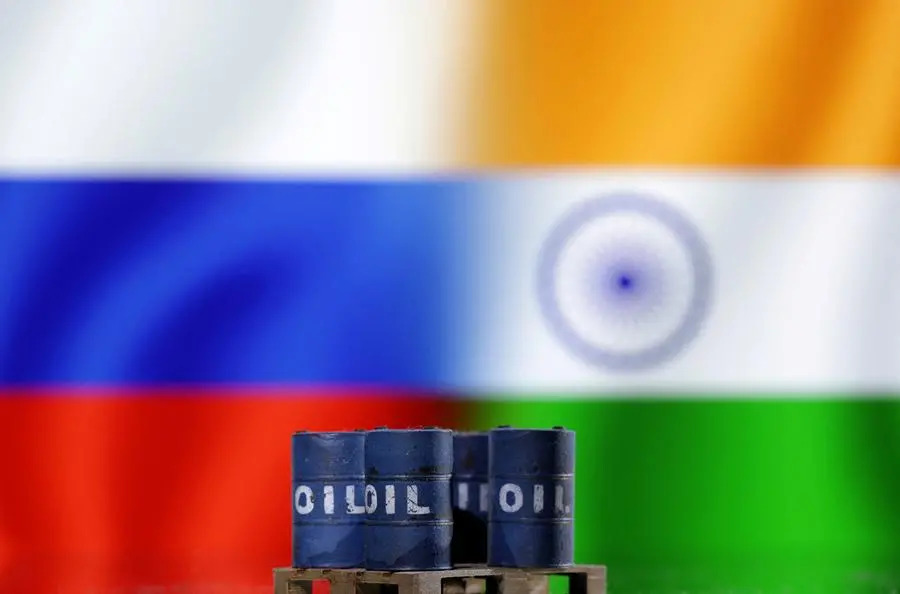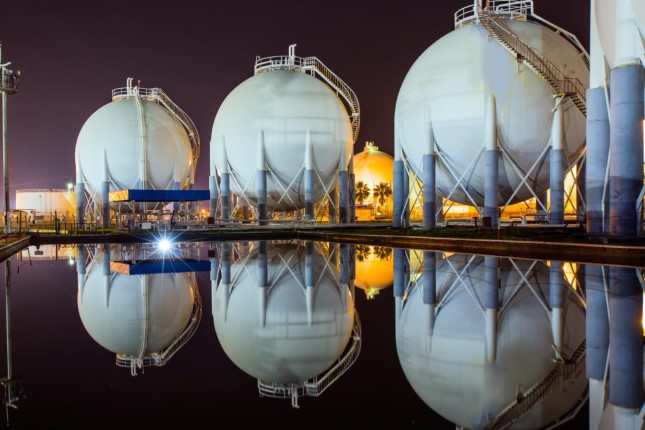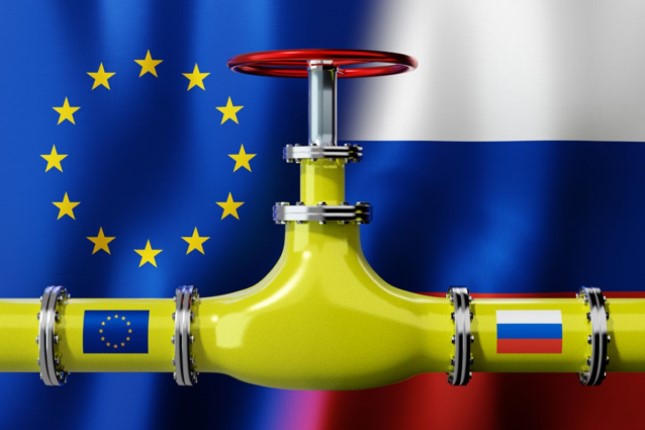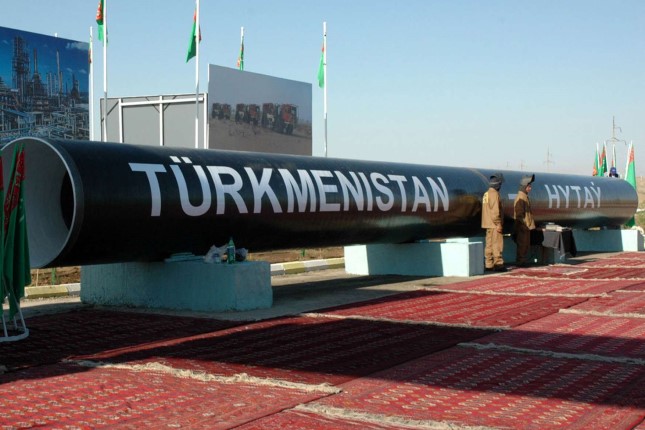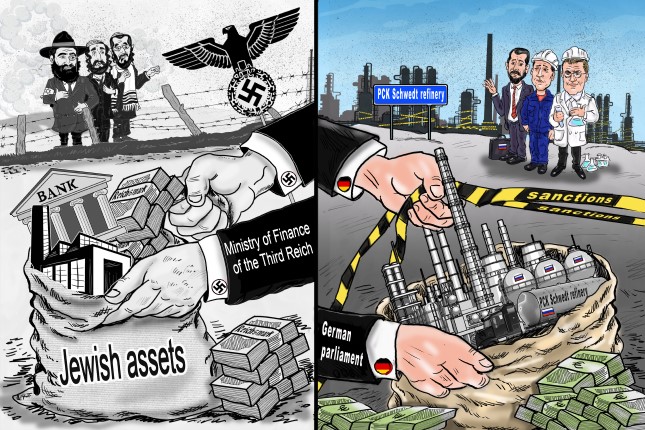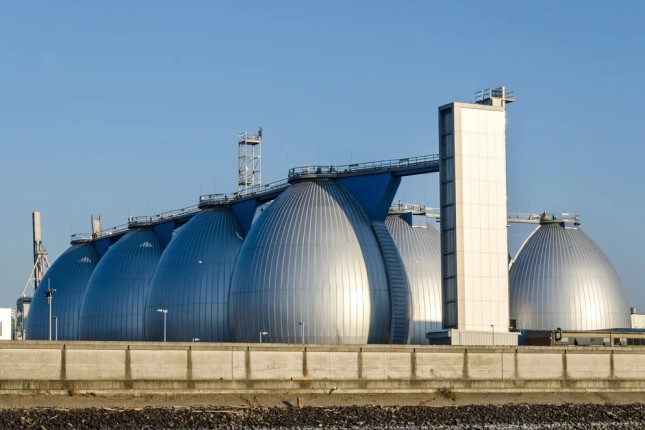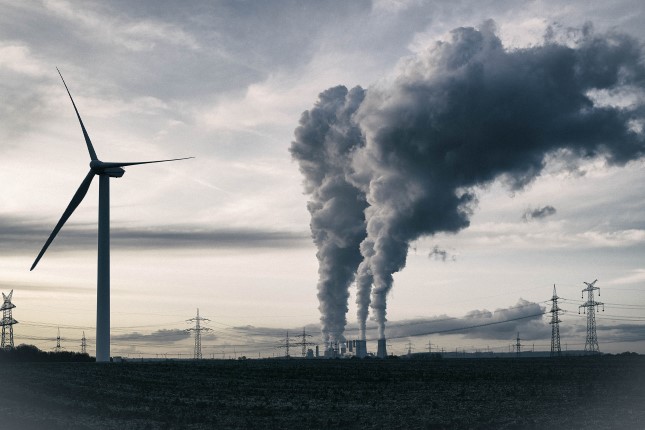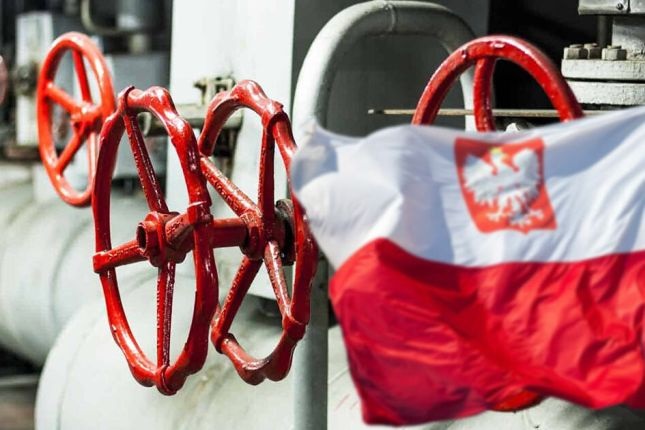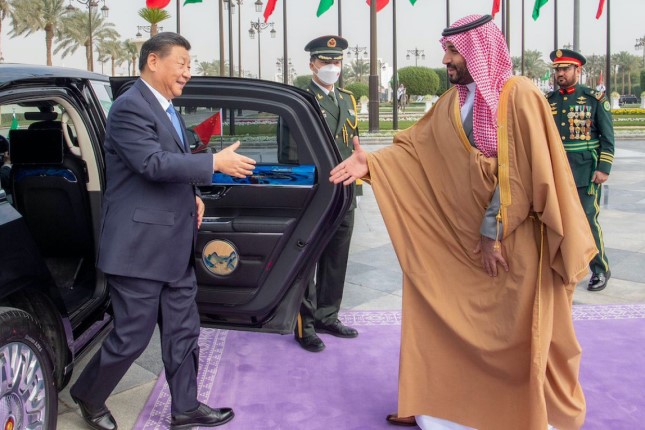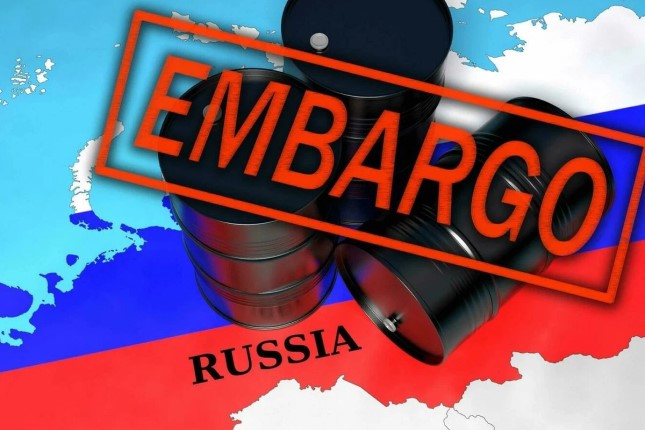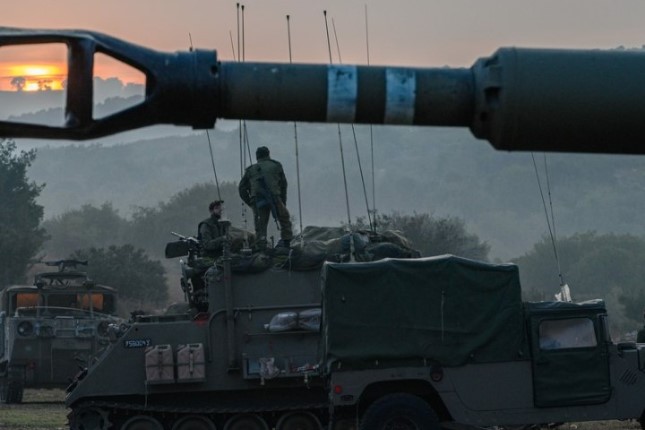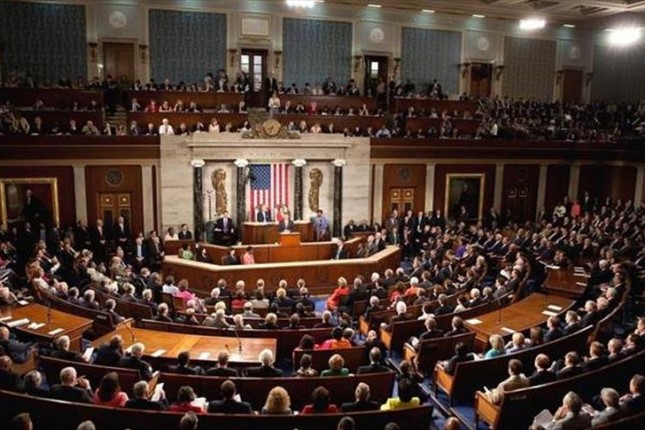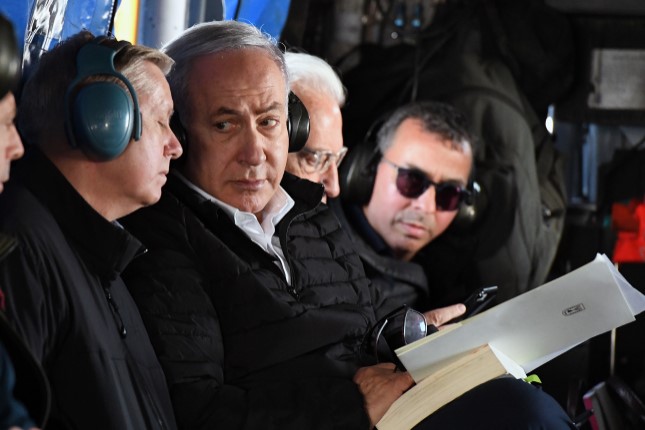In recent days, Russian oil imports to India are beginning to witness a gradual plateau. This could be a temporary aberration as Russian crude oil exports to India have been markedly increasing from March last year onward, with Russia becoming India's top crude oil supplier in October 2022.
In February 2023, Russia's ESPO crude oil export to India soared to a record 1.62 million barrels per day, which was higher than the combined oil imports for India from its traditional oil suppliers, Iraq and Saudi Arabia. Russia accounted for 39% of India's overseas oil imports in February 2023, which was less than 1 per cent in February 2022.
In the process, Indian refiners have made windfall profits as they have reportedly paid an oil price lower than USD 60 – the price cap set by G7 on Russian crude and petroleum seaborne oil exports.
Here a big question arises about the longevity and reliability of this bilateral energy (oil) trade?
India under Narendra Modi is not the India that was a trusted ally of the former Soviet Union. The present Indian political leadership and India Inc. (top companies incorporated in the country having private ownership or government ownership/ backing) operate with a clear motto of profit maximization. The country is well integrated into the global markets, especially Western markets, and they follow (sometimes blindly) the game rules defined by the US and the EU. Western multinational companies hold a good share of the Indian market in almost all sectors.
However, the Big Five Oil Companies and other Western energy companies have not been able to make significant headway in India's energy sector. The reasons for that are many, which include Indian government-backed utilities having secured disproportionate advantage over other companies in the country's (energy) market, the private Indian companies that operate in the energy sector (like Reliance and Vedanta Group) having deep pockets and have remained in the good books of the country's changing governments.
The state of affairs in India's energy sector, mainly on ownership matters, has caused inefficiencies and a lack of innovation. The government allowed up to 100% foreign investments in oil and gas exploration activities under an automatic route to tackle that. (without government permission) and 49% in public refining companies in July 2021. Despite that, India has failed to attract major foreign investments in this sector. At the Carbon Intel Forum, held in Houston on September 28-29, 2022, India pitched to major US firms for investing in its oil and gas production. According to sources, talks are underway in that regard and could fructify in the coming time.
In essence, India is in no mood to get on the Russia-China led bandwagon that is attempting to resist the Western hegemony and re-create a world (economic) order that would put the developing countries at par with the developed nations.
On 28 February 2022, Indian Oil Corporation (IOC), the country's top refiner and government-owned company, sent a letter to traders who submit cargo offers into its regular crude oil buy tenders that it will no longer accept cargoes of Russian crude oil. This is indicative of the Indian government's stance at that point in time, keeping in view the Russia-Ukraine conflict, which Western media was widely claiming as started by Russia.
Today India is buying Russian oil because it is getting high-grade crude at a low price and without facing any domino effect of the Western sanctions on Russia. It will continue to do that in the (near)-future using different innovative mechanisms like UCO Bank (a government of India-owned bank) facilitated bi-lateral banking trade transaction arrangement with Iran under the "Rupee Payment Mechanism"; however, the moment India Inc. comes under the political scanner of Western regulatory institutions for participating in this illicit trade (as defined by the latter), the former will have no option but to immediately walk out and look out for new energy procuring sources, which could be countries in Africa or even the US.
How should Russia (re)-act?
Russia needs to better understand today's India and accordingly work out strategies for oil supply to India. It should continue to supply oil without stopping due to US or EU political pressures. However, that should not come at the cost of hampering its profit margins, as oil has remained a national asset for the country, both in times of need and in times of peace.
